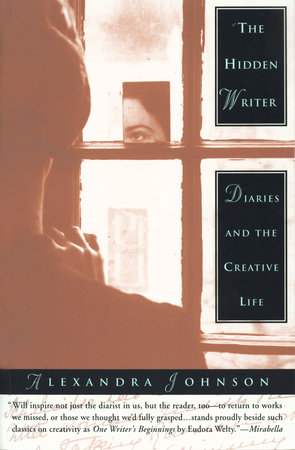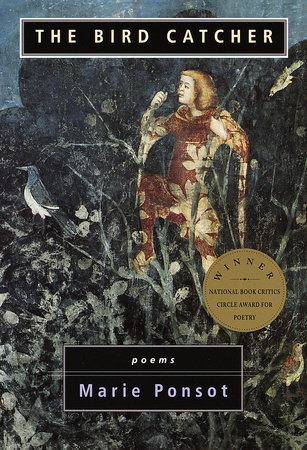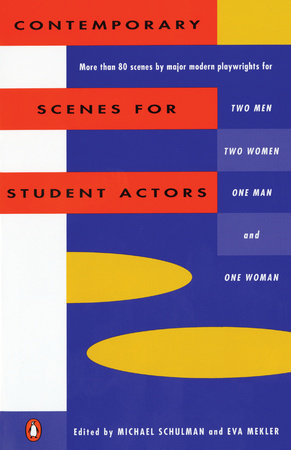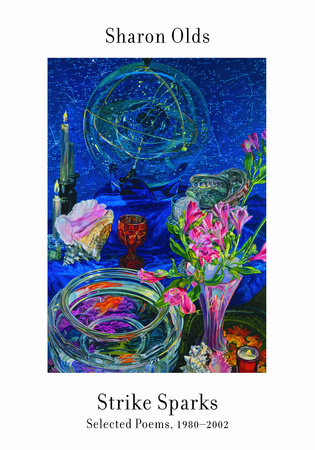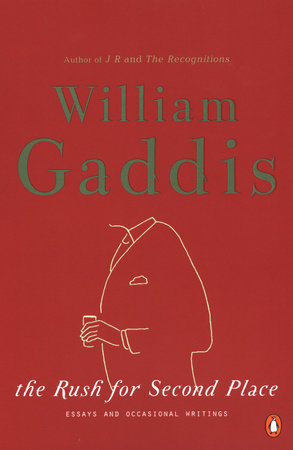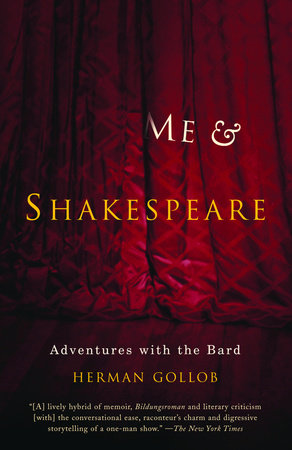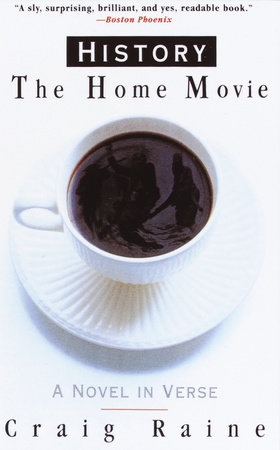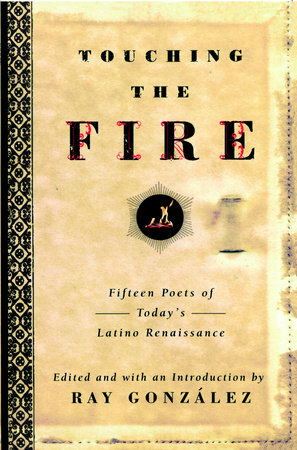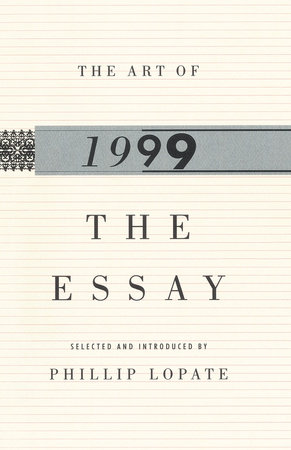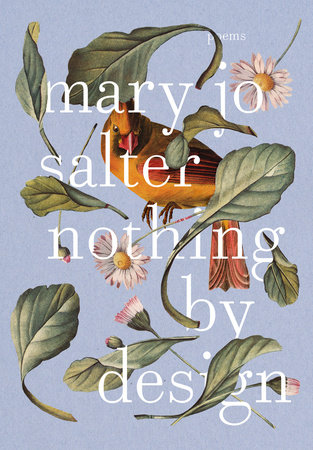"Whom do I tell when I tell a blank page?" Virginia Woolf’s question is one that generations of readers and writers searching to map a creative life have asked of their own diaries. No other document quite compares with the intimacies and yearnings, the confessions and desires, revealed in the pages of a diary. Presenting seven portraits of literary and creative lives, Alexandra Johnson illuminates the secret world of writers and their diaries, and shows how over generations these writers have used the diary to solve a common set of creative and life questions.
In Sonya Tolstoy’s diary, we witness the conflict between love and vocation; in Katherine Mansfield and Virginia Woolf’s friendship, the nettle of rivalry among writing equals is revealed; and in
Alice James’s diary, begun at age forty, the feelings of competition within a creative family are explored.
The Hidden Writer shows how the diaries of Marjory Fleming, Sonya Tolstoy, Alice James, Katherine Mansfield, Virginia Woolf, Anaïs Nin, and May Sarton negotiated the obstacle course of silence, ambition, envy, and fame. Destined to become a classic on writing and the diary as literary form, this is an essential book for anyone interested in the evolution of creative life.
